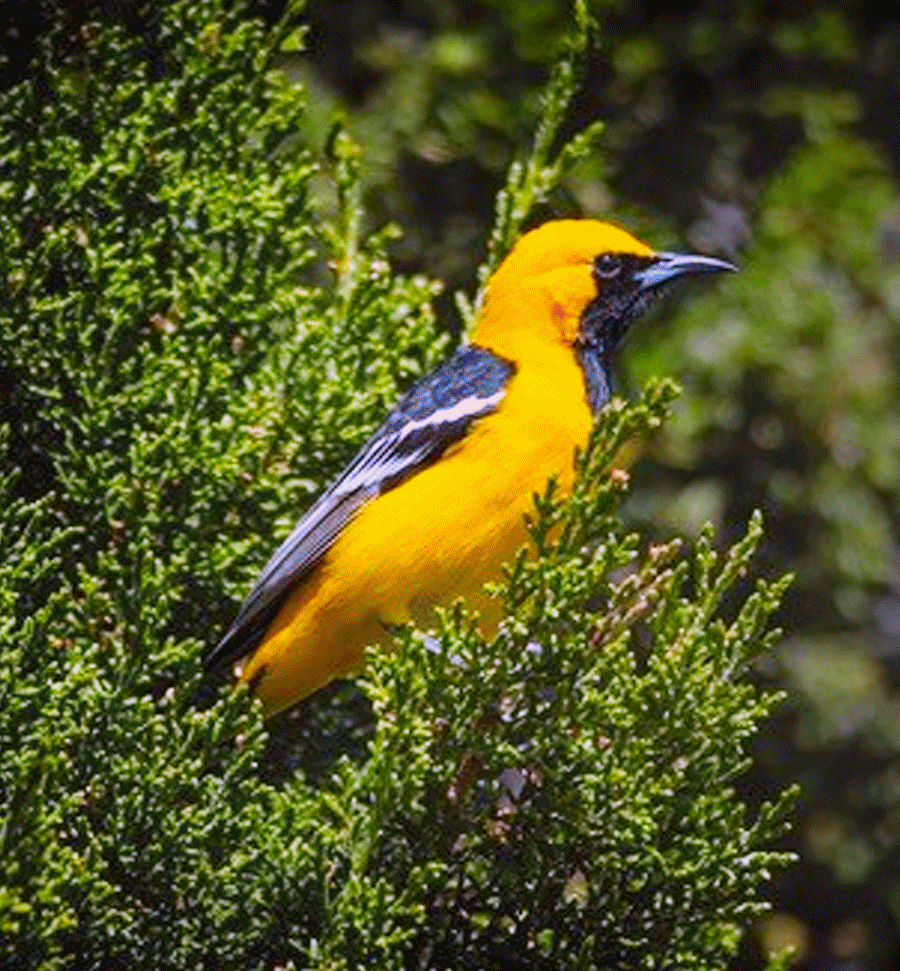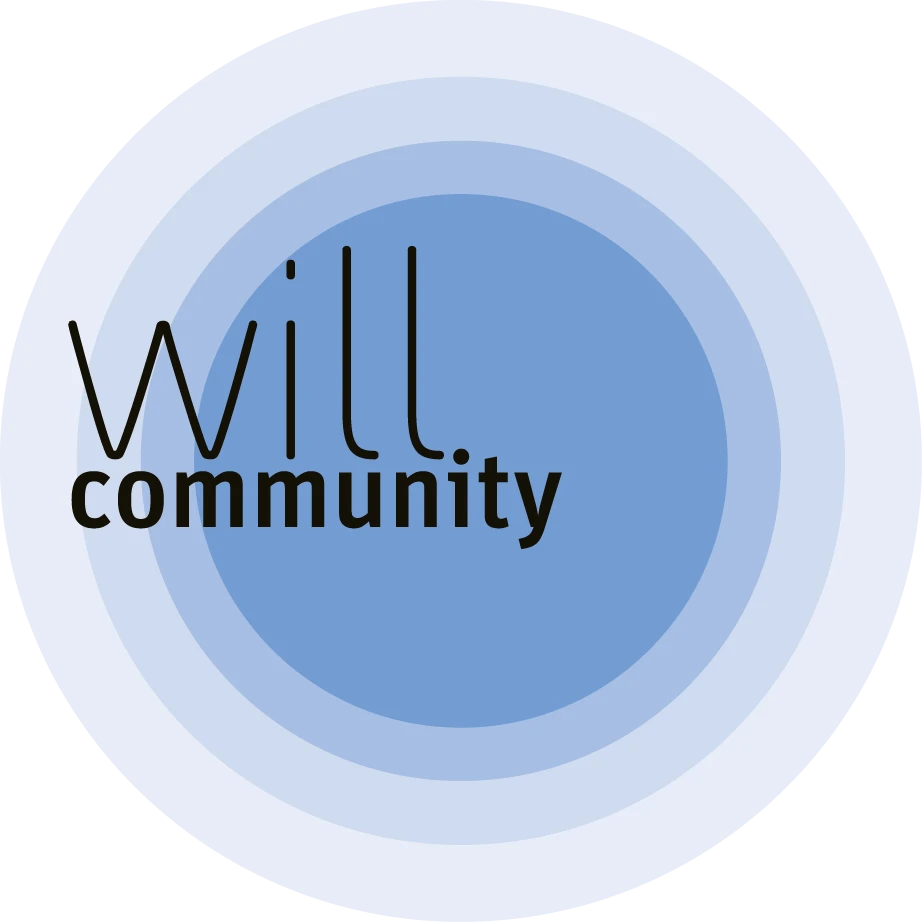Nicholas Kristof, a columnist in the New York Times, writes about our society’s need to defeat poverty as a means to achieve equality of opportunity. He cites a new book, “Giving Our Children a Fighting Chance,” by Susan Neuman and Donna Celano.
“Neuman and Celano focus on two Philadelphia neighborhoods in Philadelphia. In largely affluent Chestnut Hill, most children have access to personal computers and the shops have eight children’s books or magazines on sale for each child living there.”
A short distance away in the Badlands, there are “few children’s books, few private computers and only two public computers for every 100 children.”
“On top of that, there’s a difference in parenting strategies, the writers say. Upper-middle-class parents in America increasingly engage in competitive child-rearing. Parents send preschoolers to art classes and violin lessons and read “Harry Potter” books to bewildered children who don’t yet know what a wizard is.
“Meanwhile, partly by necessity, working-class families often take a more hands-off attitude to child-raising. Neuman and Celano spent 40 hours monitoring parental reading in the public libraries in each neighborhood. That was easy in the Badlands — on an average day ‘not one adult entered the preschool area in the Badlands.'”
Kristof goes on to remember that his mother helped a third-grade friend not doing well in school to get a library card. His friend’s grandmother made the boy give up the card because she feared library fines.
My wife Consuelo recalls her time of substitute teaching in West Philadelphia public schools, predecessor to the Badlands. The 5th grade room where she spent most of her time had no books and the students had no texts, despite promises from the principal. Consuelo used to buy a stack of Philadelphia Enquirers to take to school every day for class reading, math and social studies. Students in that Philly classroom are now in their 40’s. It’s a good bet that they aren’t nuclear scientists or college English profs, though some probably had the innate capacity for either career.
Now, we in southwestern New Mexico have some good news that Kristof would love to report.
There’s a lot of excitement in Grant County because we’ve got three terrific public libraries (plus the book mobile) reaching out to engage young readers and their parents. All of us need to support their efforts, which, as Kristof argues so effectively, will pay enormous dividends.
We also witness the work of Literacy Link Leamos as they distribute tons of new books in classrooms throughout Grant County. All of us need to support their efforts.
And have you spoken of late to Barbara and Loren Nelson who started the Imagination Library of Grant County? Every month over half of our pre-school youngsters receive in the mail a new book, thanks to the Imagination Library [http://www.imaginationlibrary.com]. The Nelsons and their board are working hard to make that percentage one-hundred. All of us need to support their efforts.
A major aim of the Festival of the Written Word on September 27 will be to promote participation by school age kids in writing and reading as social events. Kids need to see adults finding reading and writing interesting, even fun, out in the open air. They need to have a hands-on chance to read and write as festive activities. All of us need to support the Festival’s efforts.
-Tom



